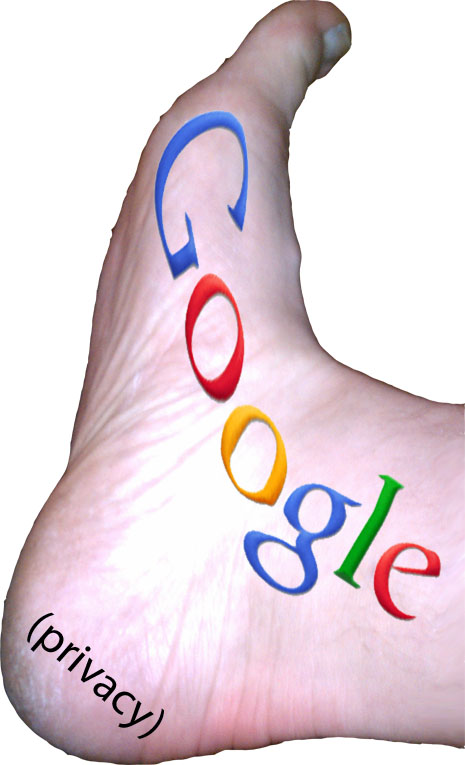Google settles Buzz suit for $8.5 mil; updates privacy policy

Privacy has always been something of a PR nightmare for Google. The company, after all, makes its money by directing ads at the people it knows will be most likely to click on them. How does it know what you will click on? By collecting countless terabytes of data on your searches, emails, clicks, and Buzzes, of course! When things go wrong for Google, it's usually something related to privacy. Like all of those pesky payload data it collected from unsecured WiFi with its StreetView cars or the botched rollout of Buzz that made it oh-so-easy for people to follow you.
You could actually call Privacy Google's Achilles heel, its one major weakness and the one thing that can turn the tide of public opinion against it. Not surprisingly, Google submitted a proposed settlement over the Buzz class action lawsuit on Friday in which it committed $8.5 million to a fund for organizations focusing on Internet privacy policy or education. The settlement (a PDF of which can be downloaded here also requires Google to "to disseminate wider public education about the privacy aspects of Google Buzz" within 3 months.
And guess what? Google is now rewriting its privacy policies. In a blog post yesterday, the company's Associate General Counsel, Mike Yang, wrote that
...we’re simplifying and updating Google’s privacy policies. To be clear, we aren’t changing any of our privacy practices; we want to make our policies more transparent and understandable. As a first step, we’re making two types of improvements:
- Most of our products and services are covered by our main Google Privacy Policy. Some, however, also have their own supplementary individual policies. Since there is a lot of repetition, we are deleting 12 of these product-specific policies. These changes are also in line with the way information is used between certain products—for example, since contacts are shared between services like Gmail, Talk, Calendar and Docs, it makes sense for those services to be governed by one privacy policy as well.
- We’re also simplifying our main Google Privacy Policy to make it more user-friendly by cutting down the parts that are redundant and rewriting the more legalistic bits so people can understand them more easily. For example, we’re deleting a sentence that reads, “The affiliated sites through which our services are offered may have different privacy practices and we encourage you to read their privacy policies,” since it seems obvious that sites not owned by Google might have their own privacy policies.
Hmmmm. That may seem obvious to the average corporate attorney, but it hardly seems obvious to the average consumer, whom these changes are supposed to protect and educate.
I've made it clear in the past that I have no problem with the way Google collects and uses my data. I consent to every last bit of it and am willing to sacrifice some personal privacy for the convenience of all things Google (although I just can't get excited about Buzz, but whatever...). Average users, however, are still not making a truly informed consent, and, in general, Google needs to do a much better job of being truly transparent rather than simply saying that they're being transparent.
These change to the wording of their various privacy policies reminds me of the Hitchhiker's Guide to the Galaxy, when Arthur Dent argues with the construction foreman over the destruction of his house:
Prosser: But the plans were on display.
Arthur Dent: On display? I eventually had to go down to the cellar.
Prosser: That's the display department.
Arthur Dent: With a torch.
Prosser: The lights had probably gone.
Arthur Dent: So had the stairs.
Prosser: But you did see the notice, didn't you?
Arthur Dent: Oh, yes. It was on display in the bottom of a locked filing cabinet stuck in a disused lavatory with a sign outside the door saying "Beware of the Leopard." Ever thought of going into advertising?
Come on, Google - you have incredible reach. If you want to educate people, educate them. Spin it however you want, but do more than rewording some policies. That doesn't count as transparency.
